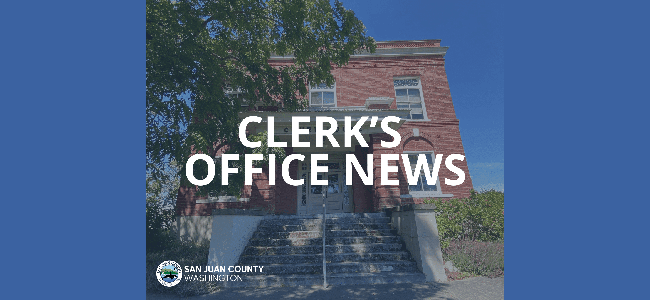— from Gigi Carter —
I know this is not popular, but I’m having a hard time supporting taxpayer funding for Coffelt Farms under the current scenario. For starters, subsidizing Coffelt puts other local farmers at an economic disadvantage and just doesn’t seem fair. Also, I know that my ethics around eating animals is not shared by most people, but we all need to collaboratively work together to address the climate crisis for the sake of the children and future generations. Below is the science to support my environmental stance on animal agriculture.
The Evidence:The EAT-Lancet Commission brought together more than 30 of the world’s leading scientists. In January 2019, they published a comprehensive report that basically said that we need to reduce global meat and dairy consumption by half (more than half for North America) and double our consumption of legumes, whole grains, nuts, vegetables and fruits (collectively, “plant-based foods”) if we are to feed a growing planet and stay within planetary boundaries with a target of 1.5C.
A study published November 2018 noted: “Given the livestock sector’s significant contribution to global GHG emissions and methane dominance, animal to plant protein shifts make a necessary contribution to meeting the Paris temperature goals and reducing warming in the short term… Without action, the livestock sector could take between 37% and 49% of the GHG budget allowable under the 2°C and 1.5°C targets, respectively, by 2030. Failure to implement animal to plant protein shifts increases the risk of exceeding temperate goals.”
A study published in June 2018 noted: “Most strikingly, [environmental] impacts of the lowest-impact animal products typically exceed those of vegetable substitutes, providing new evidence for the importance of dietary change.”
The Bottom Line: Given the climate crisis we are in, funding animal agriculture would not be much better than trying to revive the coal industry – which we’d all agree would be irresponsible. To sustain Coffelt Farms, my recommendation would be to convert it to a farm that grew plant-based foods to keep locals employed and only maintained enough animals for soil health. I would be in support of using taxpayer funding for this purpose, because it would contribute to both planetary and human health.
Side Bar: Most islanders cannot afford locally grown food, especially meat, dairy and eggs from Coffelt Farms. I’ve been told that locally sourced is better for the environment – because the meat, dairy and eggs don’t have to be transported – but that’s where the environmental benefit ends. I gave a talk at the Orcas Island Library back in September about the role of food on both human and planetary health. I ran the numbers to find out what it would look like if meat eating full-time residents only consumed locally sourced beef (no factory-farm beef transported to the island). For the sake of simplicity, I did not include dairy and other animal products. Based on my analysis (attached), we would need an additional 700 acres of land to support the current meat demand for full-time islanders. Should we clear Turtleback Mountain Preserve to support this scenario? Sadly, that is what has been happening with the Amazon rain forest — causing accelerated warming through carbon emissions, and destroying biodiversity. My analysis does not include meat eating part-timers and visitors, nor does it include dairy and other animal products – thus, the impact would be far greater for Orcas than 700 acres. My point for doing this is to highlight the other factors beyond transportation — namely, socioeconomic considerations, significant land use, greenhouse gas emissions, biodiversity loss — that we would face right here on Orcas if demand for meat, dairy and eggs does not decline. I’m not expecting the island to go vegan, but for the sake of the planet and future generations, I am hoping animal products become more of a “treat” than a daily norm.
I’m a licensed nutritionist and athlete. I’m in my 7th year of following a 100% plant-based diet. There should not be any concerns about replacing animal foods with plant-based alternatives from a human health standpoint.
**If you are reading theOrcasonian for free, thank your fellow islanders. If you would like to support theOrcasonian CLICK HERE to set your modestly-priced, voluntary subscription. Otherwise, no worries; we’re happy to share with you.**







This needed to be written. Thanks.
A really thoughtful and well-argued point of view, in my opinion. I personally would be sad to see Coffelt Farm deteriorate further, but perhaps there is a middle ground.